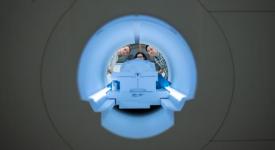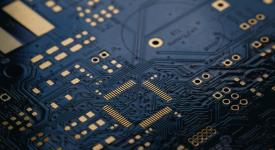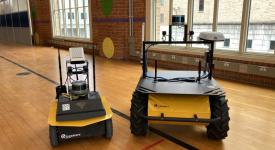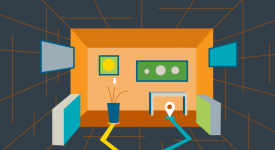Paving the Way for a New Era in Crash Consistency Testing

09/27/2023 - The work of researchers from The University of Texas at Austin’s Department of Computer Science in crash consistency has yielded a breakthrough innovation—the Chipmunk system. At its core, Chipmunk zeroes in on a crucial mission—meticulously testing file systems to identify and tackle crash consistency bugs that can significantly impact data integrity and system reliability. The UT Austin team has produced a promising solution that could pave the way for a new era in data storage and stability.












